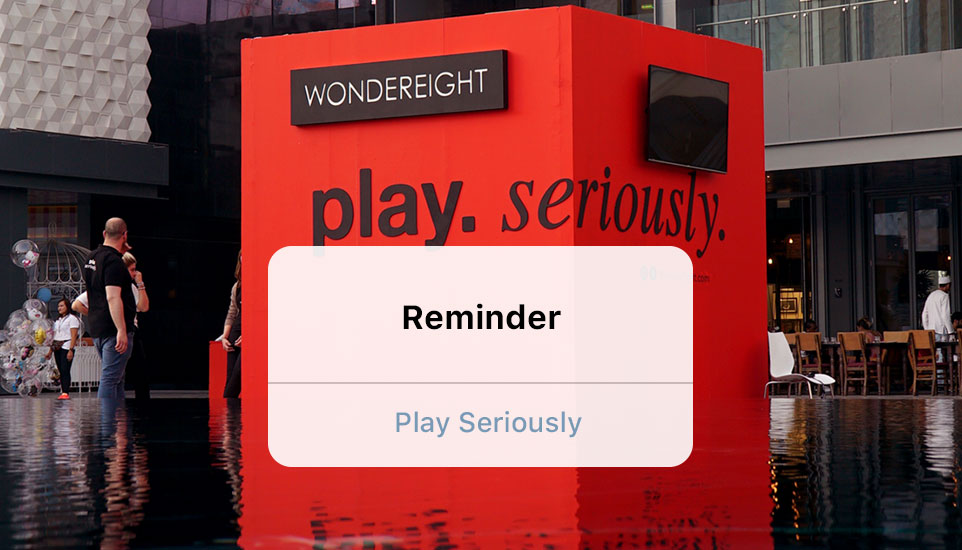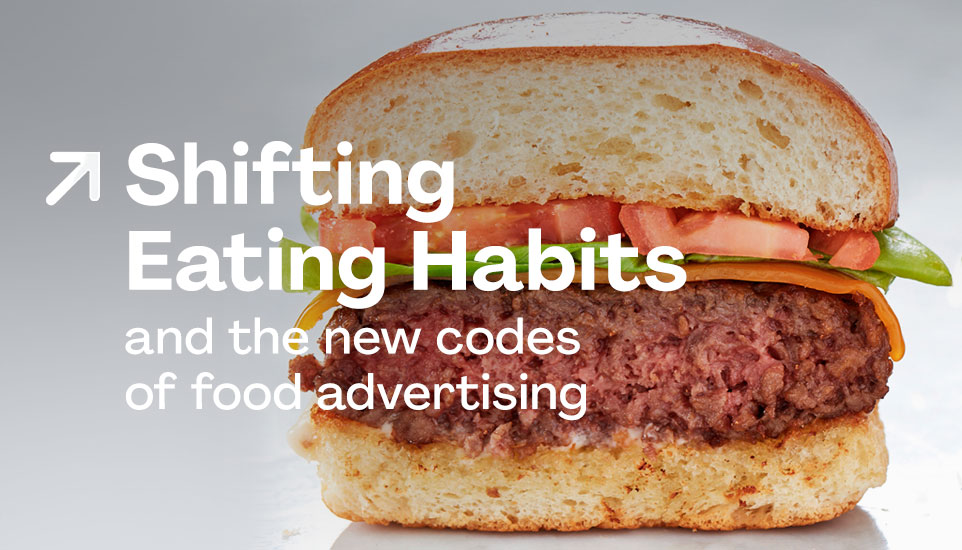Opinion Piece
Disrupted Workplaces: How Are We Preparing For Tomorrow?

Whenever the future of work comes up in a conversation, it seems like it inevitably ends up revolving around three questions:
- Where will we work?
- How will we work?
- What will we do for work?
And although those are all important and relevant questions, 2020 has pretty much answered them and given us an overall idea of where we’re headed. Offices have gone cyber, meetings and pitches have gone digital, and new teammates have had to formulate first impressions from WhatsApp emojis.
So you might ask: “If those are not the questions we need to answer right away, which are?”
Here’s our take on the matter.
Why do we work?
Income? Benefits? Status? Sure, those count. But they’re the things resumes, business cards, job descriptions and recruiting contracts are made of. We’re talking purpose: what drives us as people and companies? What’s our fuel of choice?
Is it innovation? Power? Commitment? Or meaning?
With notions like success and fulfillment being constantly redefined, challenged and interpreted according to each one’s set of intrinsic values, purpose is pretty much the code we need to crack, especially in today’s world. It’s all about what gets people up in the morning, collaborators and customers alike. So your starting point should be to find what it is that moves you. And if that’s too much to ask, start by weeding out what doesn’t make your list of priorities. It might take some soul searching, but that’s all part of the ride, for people and organizations too.
But also, better make sure everyone on the same team is fueling on the same thing.
Which brings us to…
Who do we work with?
Baby boomers don’t understand millennials. Millennials judge Gen Z like they’re a different species altogether and the whole intergenerational shenanigans go up 10 levels as soon as AI and bots come into play. As each new generation of workers brings in its very own ways and job titles, what unmistakably seems to slip through the cracks of the conversation is that sure, some jobs are at risk, but that people can adapt and learn new skills. Customer habits and behaviors are ever-evolving and so are the tasks that aim to cater to their needs. Door-to-door salespeople have retired and marketing experts, which were considered as a big corporation luxury in the early 2000s, are now found in every team. And don’t get us started on UX / UI designers and Web developers who still have to explain what they do for a living during Sunday lunches with the family!
Also, beyond being a trendy term, there’s real richness in inclusive multinational teams. There’s nothing quite similar to the energy that fills a brainstorming session gathering thinkers, creatives, strategists, and developers. Our diversity helps us foster innovation by combining ideas that come from seemingly unrelated places and backgrounds: from Beirut to KSA, passing through Dubai. It is also this widening of our team’s horizons that leads to a better understanding of the businesses and customers across the markets we operate in.
This is why we as an agency have decided to bet on an agile and diverse team all the while empowering each new recruit to bring their own experience and culture to the table. By doing so, we’re bound to be more productive and creative.
And this leads us to…
What brings us together?
Values. They might evolve through space and time, but no matter who we are, where we live and how well we master the skills, there’s a common essence that brings us together and drives us to give our best. In the workplace, it’s what we call “company culture”.
Company culture defines how we do business and how we interact with each other internally.
Beyond financial compensation, it is becoming the second factor people take into consideration when applying for a job. Need numbers to back this up? A Deloitte study shows that 94% of executives and 88% of employees believe that a strong culture is essential to business success.
At WonderEight, the motto is Play Seriously. And it truly says it all. It is those two words (and well, a whole lot of planning) that have helped us adapt to new ways of working and business strategies that have kept on evolving given the ever-shifting context we operate in.
As the future unfolds, the place of work in our lives and its mere definition is bound to drastically change. So you see, although it’s important to know where we’ll be and what tools we’ll be using to connect, brainstorm, and pitch, the core of it all is actually elsewhere: it is our drive, our agility, and what brings us together that will help us win the long game.
And this is a conversation everyone should partake in.



